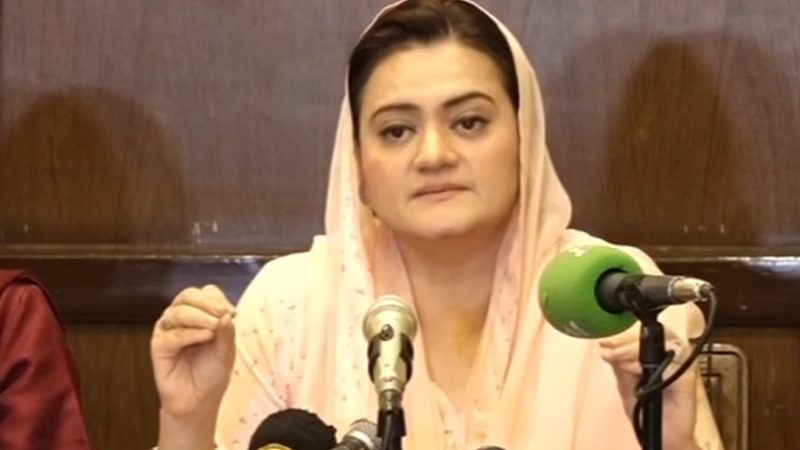The dilemma of Nawaz Sharif’s return.

With the existing administration considering Nawaz Sharif’s future return, the question has emerged as to whether his outstanding prison sentences will be commuted by the government prior to his arrival or if he will seek relief from the courts after his return.
In the Avenfield apartment’s case, an accountability court in Islamabad convicted Mr Sharif to ten years in Adiala jail in July 2018. The Islamabad High Court had postponed the sentence in September of that year, but Mr Sharif was detained again in December after being found guilty in the Al-Azizia case and sentenced to seven years in prison. On medical grounds, he was later released on bond for eight weeks, after which he travelled to London.
This option remains closed until Dr Arif Alvi is replaced by a more sympathetic head of state, as the incumbent is unlikely to offer any respite in this area. Regardless of what the president decides, the Punjab government has the authority to decide whether or not to provide relief to a prisoner.
Because Mr Sharif was sentenced to serve time in the Kot Lakhpat jail in Punjab’s territory for the Al-Azizia reference, the court had reminded the provincial government that it had executive powers to extend bail or suspend the sentence in the future under Section 401 of the Code of Criminal Procedure (CrPC).
As a result, the Punjab government retains significant suspension powers.







